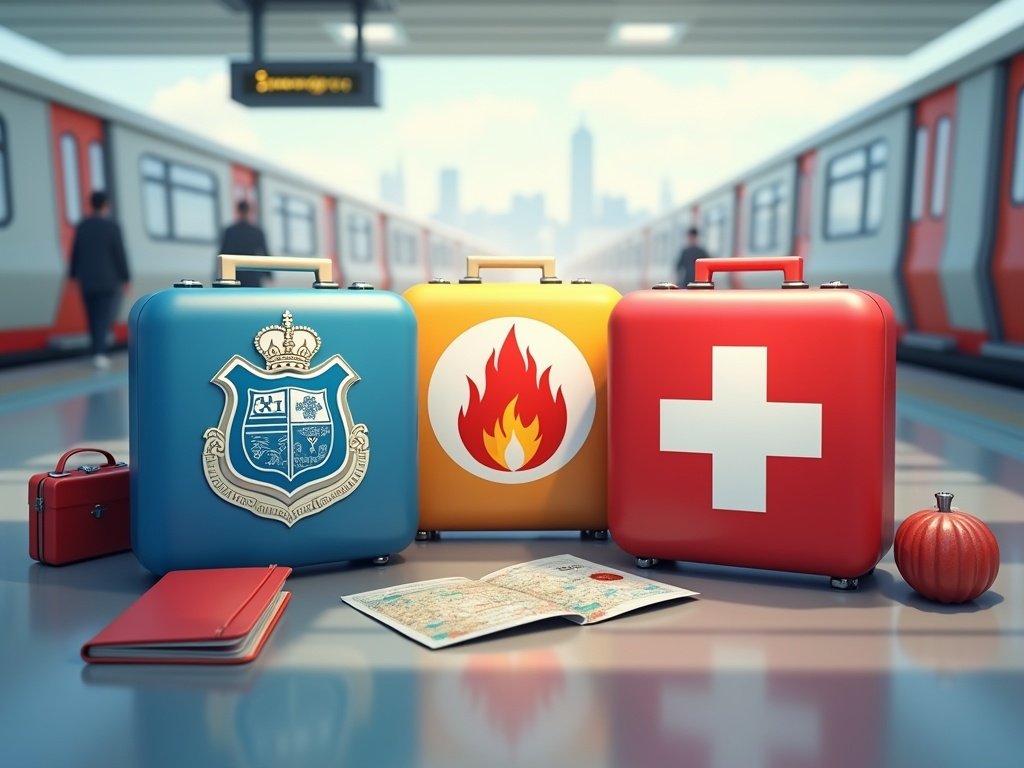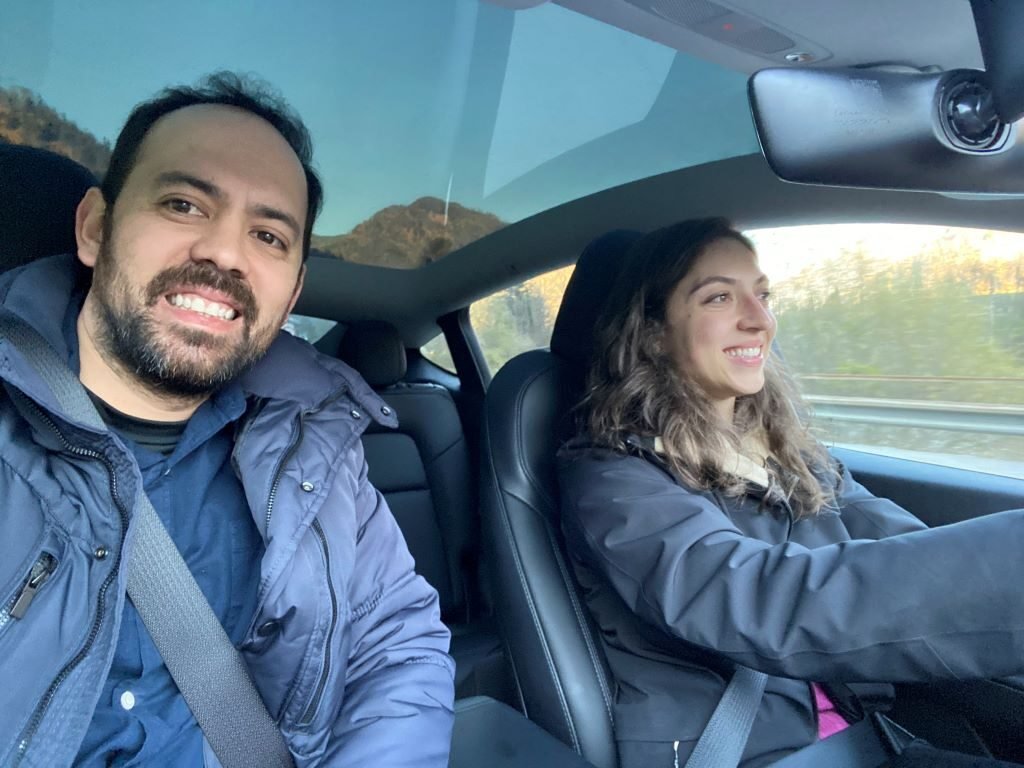If you’re planning to travel around Europe, knowing how to handle an emergency is just as crucial as remembering your passport. Many people don’t realize that there’s a single emergency number valid across all EU countries: 112.
Here’s how the 112 number works in each country, whether it replaces traditional national numbers, and how to use it.
Contents
What is the 112 number?
112 is the European emergency number. It’s free to call from mobile phones or landlines in any EU country. When you call 112, you’re connected directly to police, ambulance, or fire services, depending on your situation.
Does it replace local numbers?
It depends on the country. In some places, 112 is the only official emergency number. In others, it operates alongside traditional national numbers, like 15 (ambulance in France) or 110 (police in Germany).
Table: How 112 works in each EU country
| EU Country | 112 is the only number? | Other emergency numbers still in use? |
|---|---|---|
| 🇩🇪 Germany | ❌ No | Yes – 110 (police) |
| 🇦🇹 Austria | ❌ No | Yes – 122 (fire), 133 (police), 144 (ambulance) |
| 🇧🇪 Belgium | ❌ No | Yes – 100 (ambulance/fire), 101 (police) |
| 🇧🇬 Bulgaria | ❌ No | Yes – 150 (ambulance), 160 (fire), 166 (police) |
| 🇭🇷 Croatia | ❌ No | Yes – 192 (police), 193 (fire), 194 (ambulance) |
| 🇨🇾 Cyprus | ❌ No | Yes – 199 (national alternative) |
| 🇩🇰 Denmark | ✅ Yes | No – 112 is the only number |
| 🇸🇰 Slovakia | ❌ No | Yes – 150 (fire), 155 (ambulance), 158 (police) |
| 🇸🇮 Slovenia | ❌ No | Yes – 113 (police) |
| 🇪🇸 Spain | ❌ No | Yes – 061 (ambulance), 091 (police), 062 (Civil Guard), 092 (municipal police) |
| 🇪🇪 Estonia | ✅ Yes | No – 112 is the only number |
| 🇫🇮 Finland | ✅ Yes | No – 112 is the only number |
| 🇫🇷 France | ❌ No | Yes – 15 (ambulance), 17 (police), 18 (fire) |
| 🇬🇷 Greece | ❌ No | Yes – 100 (police), 166 (ambulance), 199 (fire) |
| 🇭🇺 Hungary | ❌ No | Yes – 104 (ambulance), 105 (fire), 107 (police) |
| 🇮🇪 Ireland | ❌ No | Yes – 999 (works the same as 112) |
| 🇮🇹 Italy | ❌ In transition | Yes – 113 (police), 115 (fire), 118 (ambulance) still active |
| 🇱🇻 Latvia | ❌ No | Yes – 110 (police), 113 (ambulance) |
| 🇱🇹 Lithuania | ❌ In transition | Old numbers deactivated in 2022; 112 being consolidated |
| 🇱🇺 Luxembourg | ❌ No | Yes – 113 (police) |
| 🇲🇹 Malta | ✅ Yes | No – 112 is the only number |
| 🇳🇱 Netherlands | ✅ Yes | No – 112 is the only number |
| 🇵🇱 Poland | ❌ No | Yes – 997 (police), 998 (fire), 999 (ambulance) |
| 🇵🇹 Portugal | ✅ Yes | No – 112 is the only number |
| 🇨🇿 Czech Republic | ❌ No | Yes – 150 (fire), 155 (ambulance), 158 (police) |
| 🇷🇴 Romania | ✅ Yes | No – 112 is the only number |
| 🇸🇪 Sweden | ✅ Yes | No – 112 is the only number |
Notes:
- In all EU countries, 112 is active, free, and fully operational for police, fire, and ambulance services.
- In countries marked with ❌, 112 works in parallel with older national numbers.
- In countries with ✅, 112 is the only official emergency number.
Does it work with an international SIM?
Yes! 112 is completely free to call, even if you’re using:
- A foreign SIM (international phone)
- A phone without credit
- A locked phone (in most cases)
- Any carrier, even in roaming
So, if you’re in any EU country (or in Iceland, Norway, or Switzerland), dialing 112 will connect you to the local emergency center for free, no matter your carrier or the country your SIM card comes from.
Even if you’re using a Brazilian SIM, for example, 112 will work normally at no charge — as long as you have signal (you don’t need to be connected to your original carrier).
Important: 112 does not work as an emergency number outside Europe (exceptions: some countries like Turkey, Georgia, and Ukraine also accept 112, but it’s not a global standard).
Note: while some countries still keep national emergency numbers, 112 is fully functional everywhere.
Sources
- European Commission – Emergency 112
- European Emergency Number Association (EENA)
- Official websites of consulates and emergency services in each country





Something simple yet very important—congratulations on sharing this information.